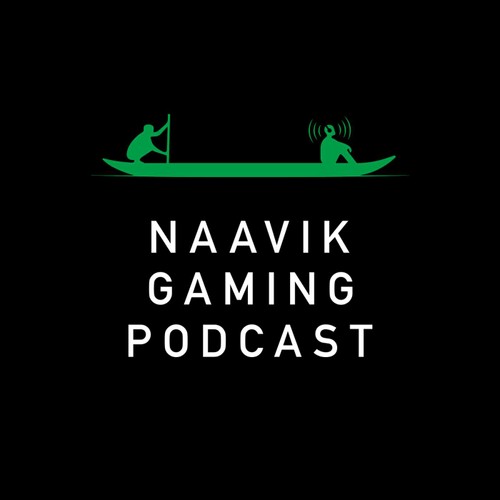
 Naavik Gaming Podcast
Naavik Gaming Podcast Metagame Mastery: Growing Games Beyond Core Loops
Oct 15, 2024
Christopher Molozian, CEO of Heroic Labs and a veteran in game tech, shares insights on the pivotal role of metagames in player retention and monetization. He discusses how innovative features like event leaderboards can enhance engagement and the seamless integration of technology across platforms. The conversation touches on the importance of social interactions and competitive mechanics, as well as the challenges of developing personalized gaming experiences. Molozian also explores the potential of user-generated content in fostering long-term player involvement.
Chapters
Transcript
Episode notes
1 2 3 4 5 6 7
Intro
00:00 • 2min
Evolving Game Technology and Player Engagement
01:53 • 12min
Leveraging Cross-Genre Expertise in Game Development
13:40 • 2min
Evolving Metagames: Strategies for Player Engagement
15:16 • 6min
Navigating the Metagame Landscape
20:56 • 16min
Enhancing Social Dynamics in Gaming
37:11 • 12min
Exploring Player Engagement Through User-Generated Content
49:18 • 3min
